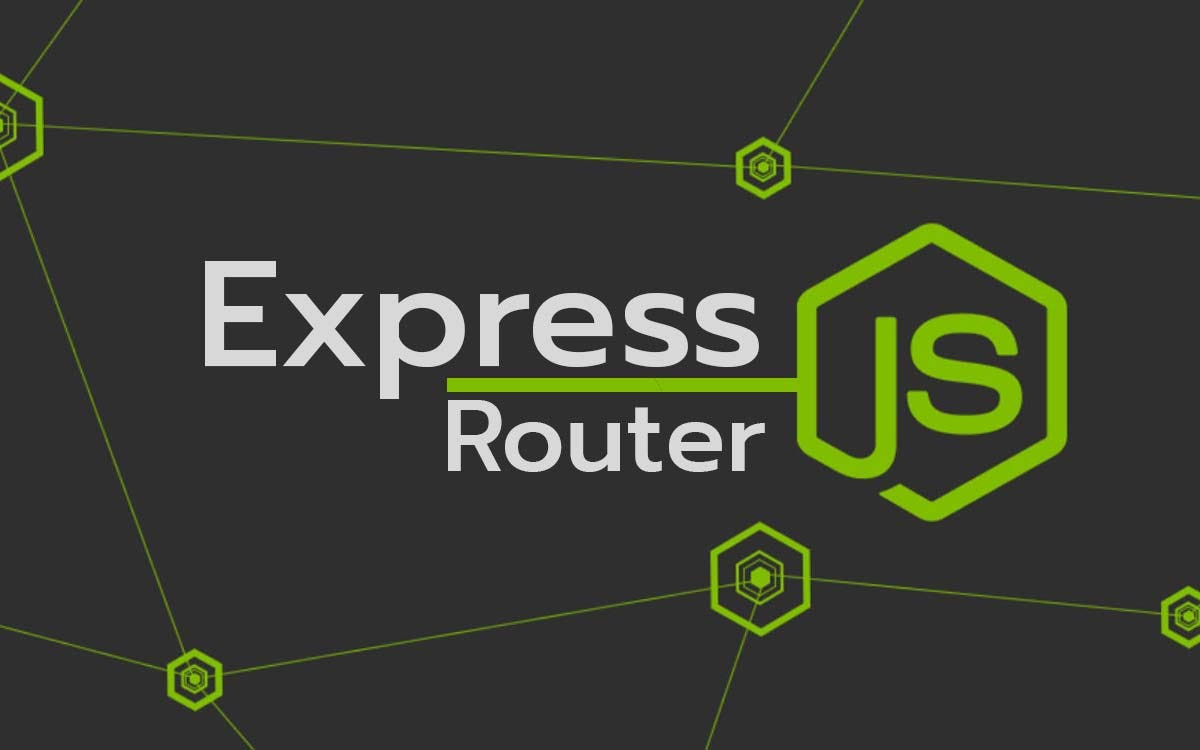Streamlining Node.js API Development with Express Router
Express Router, a part of the Express.js framework, provides a modular way to organize routes in Node.js applications. This guide explores how to leverage Express Router for efficient API creation.

Understanding Express Router:
- Explanation: Express Router offers a more organized approach to handling routes in Node.js by creating modular route handlers.
- Benefits: Enhanced code readability, better organization of endpoints, and easier maintenance as applications scale.
Setting Up Express Router for API Development:
- Installation: Utilizing npm to install Express.js and set up a new Node.js project.
- Integrating Express Router: Importing and implementing Express Router in the project.
Creating a RESTful API with Express Router:
javascript// app.js
const express = require('express');
const app = express();
const PORT = 3000;
// Importing routes from a separate file
const apiRoutes = require('./routes/api');
// Using the routes defined in the 'api.js' file
app.use('/api', apiRoutes);
app.listen(PORT, () => {
console.log(`Server running on port ${PORT}`);
});
javascript// routes/api.js
const express = require('express');
const router = express.Router();
// Sample data (in-memory database for demonstration)
let data = [
{ id: 1, name: 'Example 1' },
{ id: 2, name: 'Example 2' }
];
// Endpoint for fetching all data
router.get('/data', (req, res) => {
res.json(data);
});
// Endpoint for fetching a specific item by ID
router.get('/data/:id', (req, res) => {
const id = parseInt(req.params.id);
const item = data.find(item => item.id === id);
if (item) {
res.json(item);
} else {
res.status(404).send('Item not found');
}
});
module.exports = router;Explanation of the Example:
- app.js: Sets up the main Express app and imports routes from the
api.jsfile. - api.js: Defines API routes using Express Router for handling data retrieval.
Advantages of Express Router:
- Modularity: Easily manage and organize routes for different parts of the API.
- Readability: Enhance code readability by grouping related endpoints in separate files.
- Scalability: Facilitates scalability as the application grows by maintaining a structured approach to handling routes.
Conclusion: Express Router simplifies API development in Node.js, providing a clean and organized way to manage routes. This modular approach contributes to better code structure and scalability.
Leveraging Express Router streamlines API development, enabling developers to efficiently manage routes and enhance the maintainability of Node.js applications.
Leave a comment